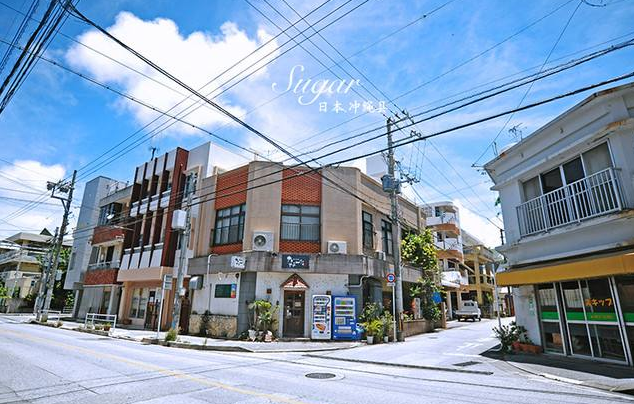
First of all, the implementation of the adverse calculation policy is based on the historical bill.
According to Mr. Chen's knowledge after getting to know the Japanese customs, Japan's reverse calculation was not an emergency. As early as the Meiji 43, Article 4, Item 3 of Japan's "Tariff Law" has already been involved, and pointed out that importers who do not have Japanese entities will be regarded as price uncertain. After an uncertain commodity is completed overseas, there is no way to determine the direction of funds, so the cost can only be calculated through the sales value. This shows that the inverse calculation has long been based on legislation, but the Japanese government has not strictly enforced it before.
Secondly, standardize tax payment, and fair tax payment for domestic and import trade.
Goods sold to Japan through Amazon, there is no registered legal person in Japan, and there is even no trade contract, which pays any taxes in Japan. However, domestic traders in Japan have to pay corporate tax and consumption tax, which add up to about 33% of the tax. From the perspective of fairness, the Japanese government's tax rectification is also to protect localized traders, avoid unfairness, and regulate market order.
Finally, the Japanese government does need funds to fill the recession.
Japan’s economic recession is no longer something after the epidemic. Japan, which has been hit hard, needs to use these methods to supplement some of its shortfalls and increase government revenue. After all, before this, Japanese Amazon merchants had been digging for money from the low tax rate declared dividends.
Previous:What is the reverse calculation of Japan's Amazon e-commerce?
Next:What is the basis for the declared amount of Japanese import duties? When will it last?